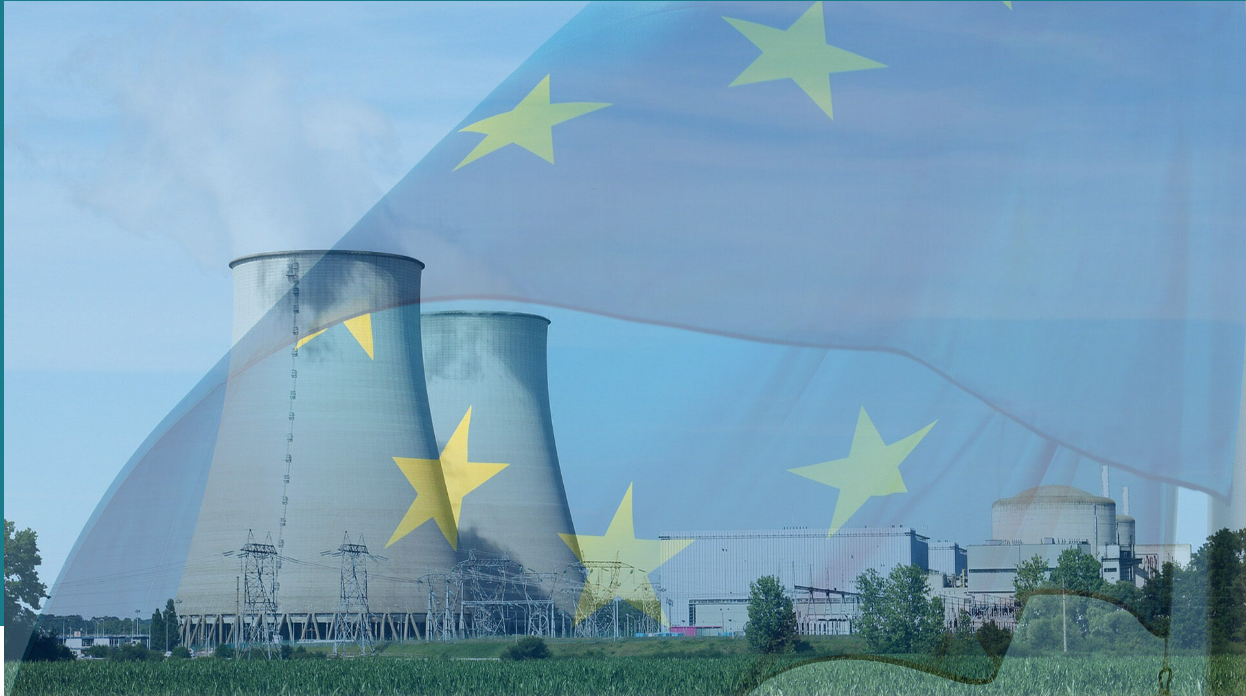This regulation established that the Technical Screening Criteria for economic activities related to nuclear energy should ensure that no significant harm is caused to other environmental objectives due to the potential risks arising from the long-term storage and final disposal of nuclear waste.
The delegated act recognizes the existence on the market of accident tolerant fuels and establishes the need to use this type of fuel as a technical criterion for access to the green taxonomy for nuclear-related activities.
In July 2022, the delegated act was, in fact, ratified, after a motion against the inclusion of nuclear energy as an environmentally sustainable economic activity in the European Commission’s delegated act was rejected in a voting.
From this point on, and as dictated by the delegated act, the need to use accident tolerant fuel (ATF) is imposed as a requirement in the green taxonomy technical criteria for nuclear-related activities.
However, the delegated act does not include a clear definition of what it is considered as an accident tolerant fuel, although it does identify it as a fuel whose accident behavior has been tested and as a fuel that is currently commercially available and could be licensed by a regulatory body as it is.
This article is a detailed study on the definition of accident tolerant fuel within the framework of the European Union’s green taxonomy.





